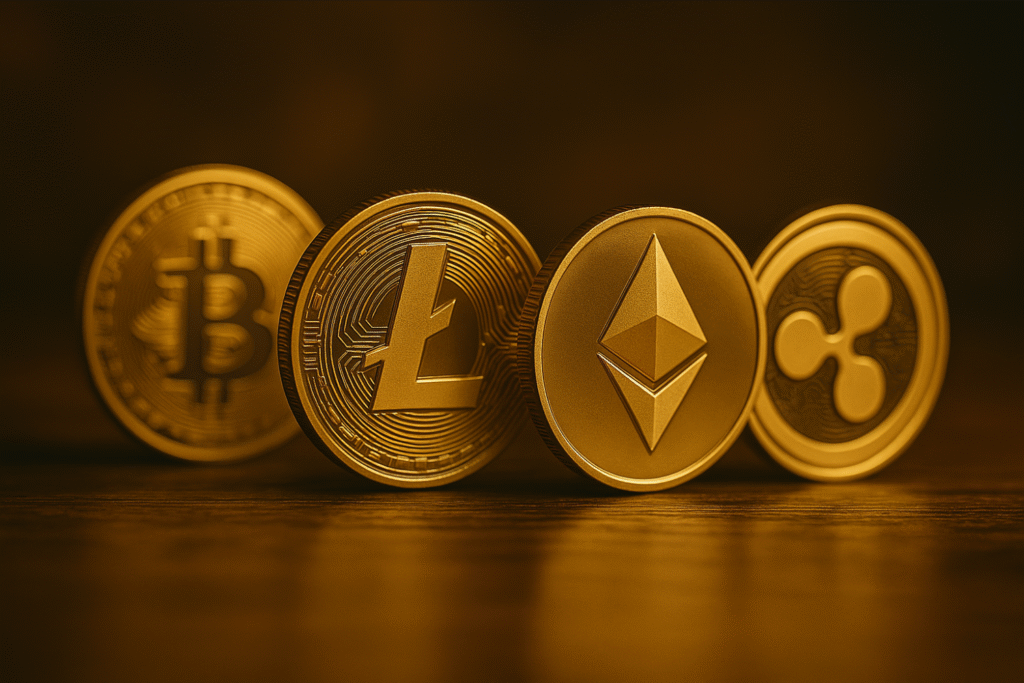⚠︎ Disclaimer: Cryptocurrency is a high-risk asset class. This content is for informational purposes only and does not constitute financial or investment advice. You may lose all of your capital. KoinGuide may earn a commission if you visit or sign up with a recommended provider via our affiliate links—at no additional cost to you. All recommendations are based on our independent reviews and evaluation process.
Altcoins Simplified: Are They Better Than Bitcoin?

Are alternative cryptocurrencies better than Bitcoin? Let's find out
"Altcoins" is short for "alternative coins" - any cryptocurrency other than Bitcoin. These digital assets aim to improve upon Bitcoin's limitations or serve different purposes entirely.
Key Point: While Bitcoin was the first cryptocurrency, altcoins represent innovation and evolution in the crypto space, each with unique features and use cases.


